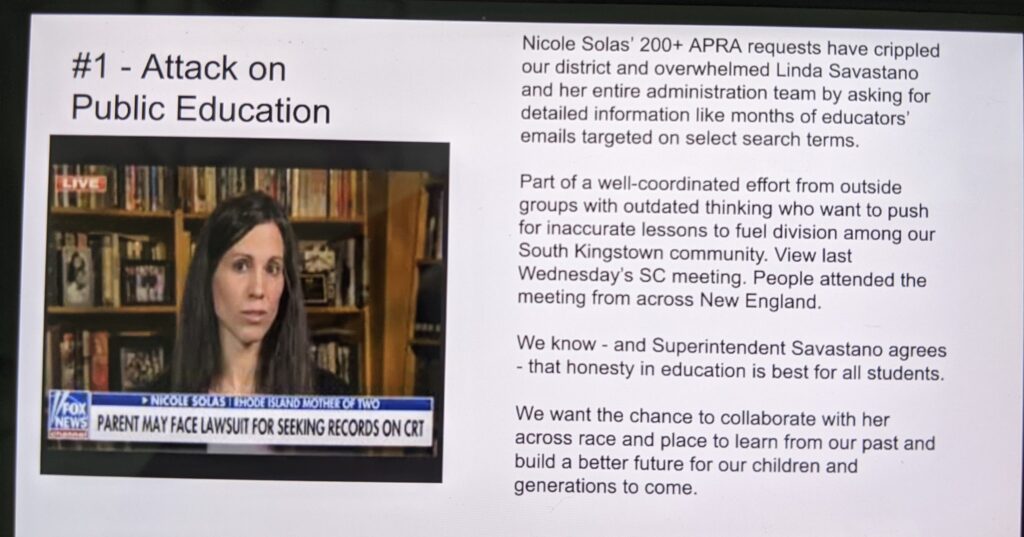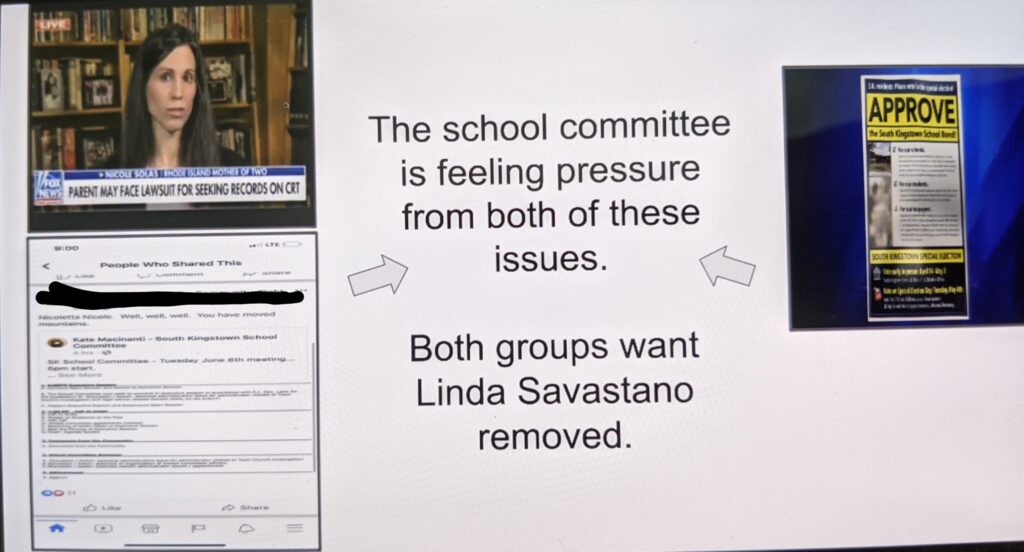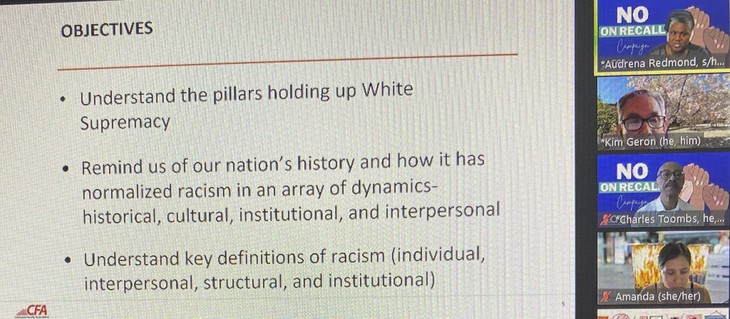The Incredible Lightness of Ibram X. Kendi’s ‘Anti-Racism’
Kendi, who has become an industry unto himself, famously contends that any policy that creates a racial inequity, no matter what the intentions, is racism. This is a sophomoric and indefensible view that Klein punctures with a series of “how is this supposed to work?” questions.
The crux of the conversation is an exchange about crime and policing, a topic that would seem relatively simple — let’s get good, robust policing to make black neighborhoods safer — but that presents insuperable problems for Kendi given the absurdity of his premises.
Klein asks Kendi whether support for defunding the police would be an anti-racist policy.
Kendi tries to get around the question. He says that some people have believed that the cause of crime in black neighbors is black people — “it’s their culture, it’s their behavior.” According to his hostile caricature, this is why people believe that “you need police, well-funded police, who can basically control those animals because they’re the cause of crime.”
Then, he posits an opposite view: that crime is caused by things such as high levels of poverty and unemployment, the number of guns in circulation, the lack of mental-health services, and resource-starved schools.
It’s yet another sign of how silly Kendi’s theory is that he apparently can’t take into account that many earnest, well-intentioned people might loosely draw on both of these buckets of causes. In other words, they may believe (correctly) that there is a culture of crime in dangerous urban neighborhoods and believe that kids in those neighborhoods are being failed by the schools.
Regardless, this whole discussion should be beside the point for Kendi. Remember, what sets him apart from run-of-the-mill race-obsessed authors is his belief that intentions don’t matter; only outcomes do. If this is true, why does he care whether some people believe that people living in high-crime areas are “animals”?
Kendi, who has become an industry unto himself, famously contends that any policy that creates a racial inequity, no matter what the intentions, is racism. This is a sophomoric and indefensible view that Klein punctures with a series of “how is this supposed to work?” questions.
The crux of the conversation is an exchange about crime and policing, a topic that would seem relatively simple — let’s get good, robust policing to make black neighborhoods safer — but that presents insuperable problems for Kendi given the absurdity of his premises.
Klein asks Kendi whether support for defunding the police would be an anti-racist policy.
Kendi tries to get around the question. He says that some people have believed that the cause of crime in black neighbors is black people — “it’s their culture, it’s their behavior.” According to his hostile caricature, this is why people believe that “you need police, well-funded police, who can basically control those animals because they’re the cause of crime.”
Then, he posits an opposite view: that crime is caused by things such as high levels of poverty and unemployment, the number of guns in circulation, the lack of mental-health services, and resource-starved schools.
It’s yet another sign of how silly Kendi’s theory is that he apparently can’t take into account that many earnest, well-intentioned people might loosely draw on both of these buckets of causes. In other words, they may believe (correctly) that there is a culture of crime in dangerous urban neighborhoods and believe that kids in those neighborhoods are being failed by the schools.
Regardless, this whole discussion should be beside the point for Kendi. Remember, what sets him apart from run-of-the-mill race-obsessed authors is his belief that intentions don’t matter; only outcomes do. If this is true, why does he care whether some people believe that people living in high-crime areas are “animals”?






